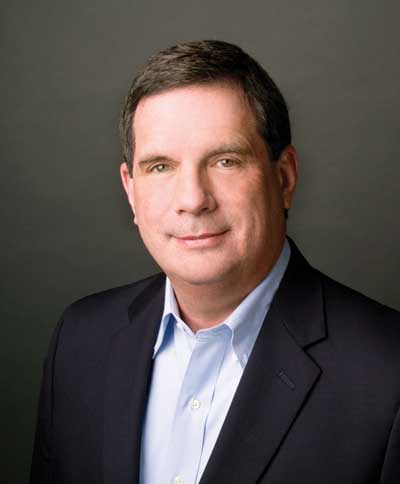- Oct 17, 2011
- 33,316
- 36,634
- Country
- United States
- Faith
- Atheist
- Marital Status
- Legal Union (Other)
Kind of interesting poll. I've seen many such things before, but usually limited to a half dozen choices. This one has many more choices (which has some problems of its own, as some things are not as well known as others, so there may not be strong feelings of favorability or unfavorability.)
Belief systems that encompass the largest shares of Americans — including Christianity, Catholicism, and Protestantism — are among the ones the most Americans view favorably. Viewed least favorably are Satanism and Scientology.
A selection:
+34 Christianity
+15 Protestantism
+11 Judaism
+10 Buddhism
+10 Catholicism
-4 Agnostics
-13 Atheism
-21 LDS
-24 Islam
-27 FLDS
-49 tie between Scientology and Satanism
Interesting that 'big tent' Christianity scores the highest, but as soon as you start subdividing, favorability is at best cut in half.
Net favorability of U.S. religious groups, organizations, and belief systems
Do you have a favorable or unfavorable opinion of the following groups, organizations, or belief systems in the United States? (Percentage who have a very or somewhat favorable view minus the percentage who have a very or somewhat unfavorable view)Belief systems that encompass the largest shares of Americans — including Christianity, Catholicism, and Protestantism — are among the ones the most Americans view favorably. Viewed least favorably are Satanism and Scientology.
A selection:
+34 Christianity
+15 Protestantism
+11 Judaism
+10 Buddhism
+10 Catholicism
-4 Agnostics
-13 Atheism
-21 LDS
-24 Islam
-27 FLDS
-49 tie between Scientology and Satanism
Interesting that 'big tent' Christianity scores the highest, but as soon as you start subdividing, favorability is at best cut in half.

